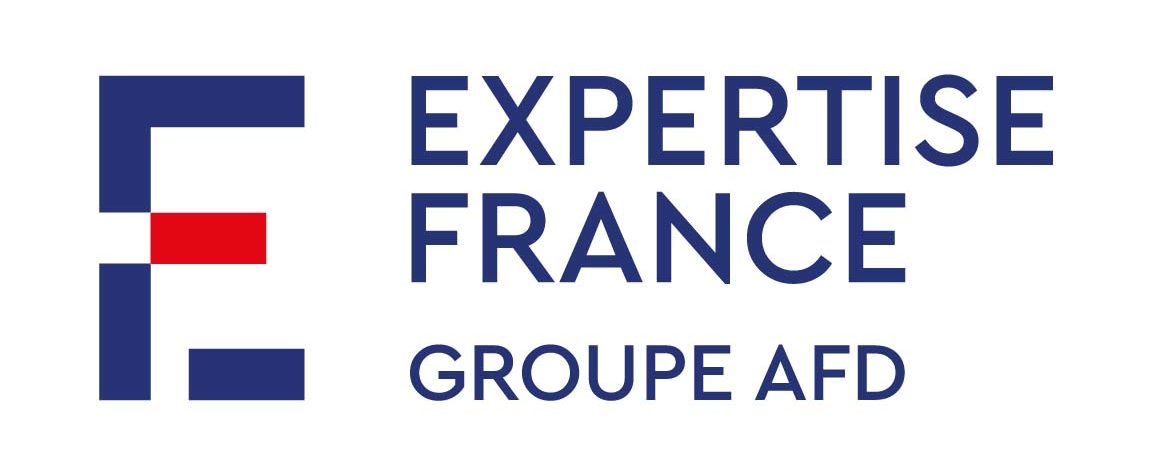Co-production and planning for the city of tomorrow: what are the most effective partnerships between public and private players?
Key figures
216
Registered
70
Participants
A look back at the Rendez-vous de l'Expertise on September 20, 2018
Co-production and planning for the city of tomorrow: what are the most effective partnerships between public and private players?
Today's cities, particularly those in the South, face complex challenges: rapid urbanization, urban sprawl, socio-spatial fragmentation, inadequate access to essential services, ecological footprints and degradation of natural areas, risks and exposure to climate change, and so on. All these challenges require local representatives to provide coordinated responses that combine scales and involve all public and private players.
Cities at the heart of regional transition
This rapid transformation of territories, coupled with growing social demands and the need to legitimize public action, is leading us to reconsider urban governance. Cities and regions require a global approach (energy, water, waste, mobility, food production, green spaces, etc.), integrated over time (design, construction and operation) and including all stakeholders: local authorities, businesses and civil society.
Faced with these changes, how can we co-produce a sustainable city? What are the most effective partnerships for planning the city of tomorrow? What is the role of international technical cooperation? These issues will be explored through a number of international projects, including the BFTPI project run by Expertise France in the Kingdom of Bahrain.
Speakers
Wide angle

Christophe Chevallier
BFTPI project expert and head of AREP's urban division




